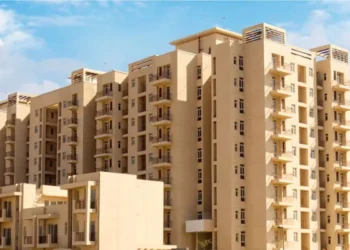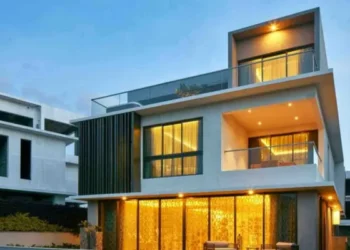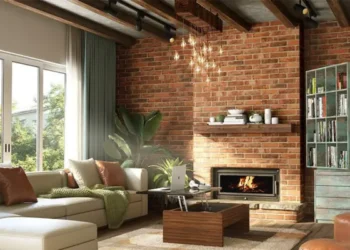The real estate industry has always been a pillar of the global economy, constantly evolving to meet the needs of both businesses and individuals. As we step into the next decade, the way we approach property – whether buying, renting, or investing – is set to change dramatically. From technological advancements to shifts in consumer behavior and sustainability becoming central, the future of real estate is poised for a transformation that will reshape the industry in unexpected ways.
A Tech-Driven Revolution
The most immediate and significant change we will see in the next decade is the growing influence of technology. Virtual reality (VR), augmented reality (AR), and artificial intelligence (AI) are already altering how properties are bought, sold, and managed. Virtual tours, for instance, have become a staple in the property viewing process, allowing potential buyers to explore homes and commercial spaces from the comfort of their own living rooms. This is only the beginning.
AI will enhance property management, with smart systems making homes and offices more efficient, intuitive, and personalized. Imagine being able to control everything from your heating to your security system through a single app or having AI software predict the best time to buy or sell based on market trends and data. In the coming years, such technology will become more integrated into the real estate experience, making it smoother, faster, and more convenient for all parties involved.
The Rise of Sustainable Living
Sustainability is an essential part of real estate’s future. In the next decade, demand for green and energy-efficient buildings will increase significantly. Climate change concerns, coupled with rising energy prices, will push developers to focus on eco-friendly materials and sustainable construction practices. From solar panels and energy-efficient appliances to smart home technologies that help reduce energy consumption, these innovations will make buildings not only more environmentally friendly but also more cost-effective in the long run.
Also Read: What’s Driving the Demand for 2BHK and 3BHK Apartments?
This shift towards sustainability will also influence consumer preferences. Buyers and tenants will increasingly favor properties that align with their values, prioritizing those that feature eco-conscious design and sustainable features. For real estate investors, this presents an opportunity to tap into a growing market that values ethical and green investments.
The Impact of Remote Work and Hybrid Models
Remote work isn’t just a temporary trend – it’s here to stay. It is reshaping where people live and work. As hybrid working models become the norm, many are moving away from crowded urban centers to suburban areas. Suburbs offer larger homes, quieter surroundings, and more affordable living, making them an attractive choice for remote workers seeking a better work-life balance.
This shift is also impacting commercial real estate as businesses downsize their office spaces and repurpose urban properties. Office buildings in cities are being transformed into co-working spaces, retail hubs, or residential units. Developments like Joyville Hadapsar Annexe by Shapoorji Pallonji Real Estate in Pune highlight the growing demand for suburban living, combining modern amenities with a peaceful environment.
Affordability and Housing Accessibility
While the demand for real estate is expected to grow, affordability will remain a critical challenge. The next decade will likely see a rise in alternative housing solutions, such as micro-apartments and co-living spaces, as younger generations increasingly struggle with the high costs of homeownership. Developers and governments alike will have to focus on creating affordable housing options that address the needs of an evolving population.
In parallel, the rise of digital platforms and online property marketplaces will continue to disrupt traditional real estate models, offering consumers more options and greater transparency. The digital transformation will help streamline the buying and renting process, reducing costs and giving people more control over their property transactions.
The real estate industry is entering an exciting new chapter, where technology, sustainability, and evolving work patterns are reshaping how we think about space. Over the next decade, we can expect to see a more integrated, efficient, and sustainable real estate market. As businesses and investors explore new opportunities, developments like Joyville Gurugram highlight the growing importance of sustainable and well-designed spaces. The key to success will lie in the ability to adapt to these changes, embracing new technologies, sustainable practices, and flexible approaches to meet the demands of a changing world. The future of real estate is bright – and it’s full of potential for those ready to embrace the next wave of innovation.








